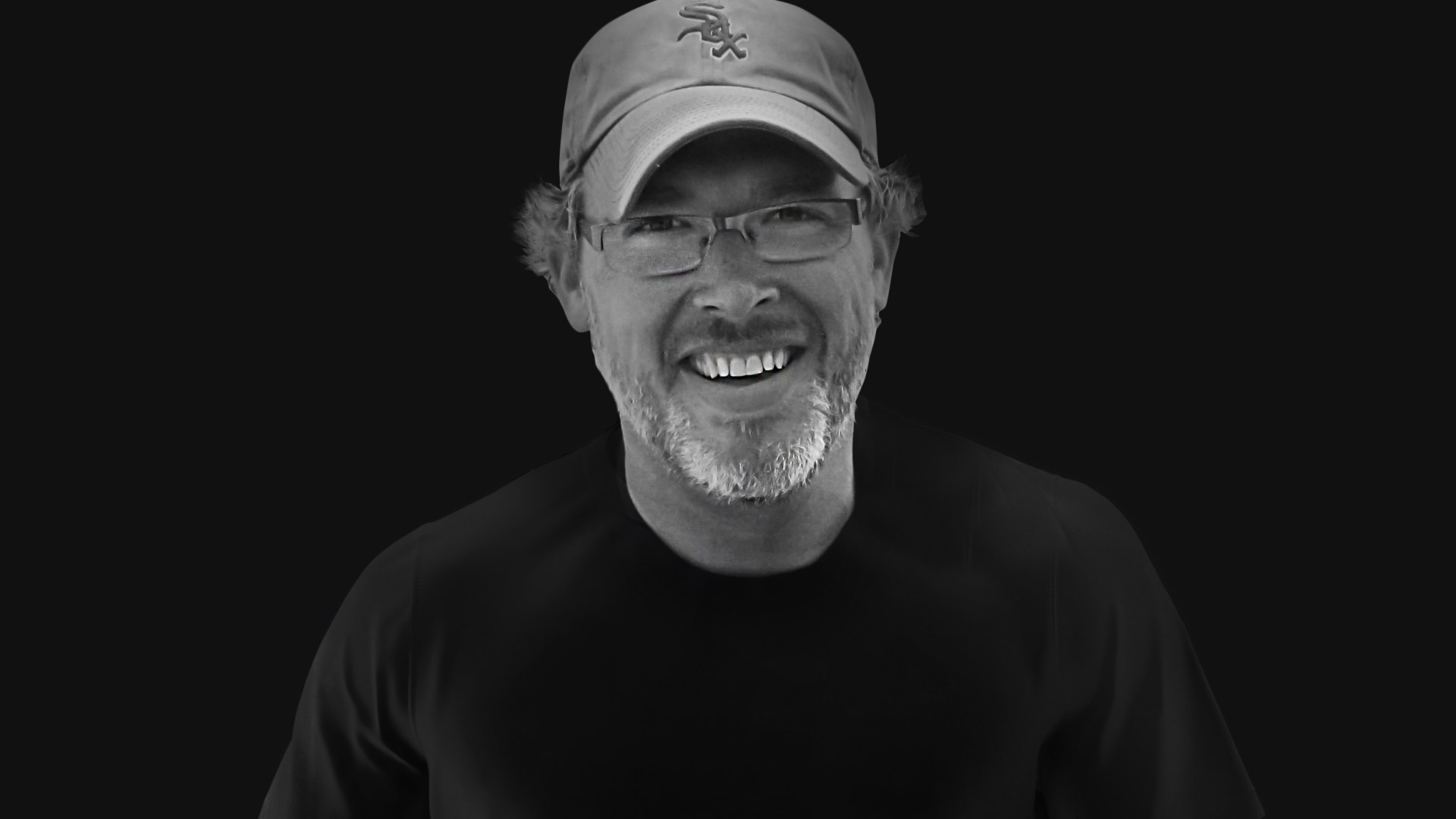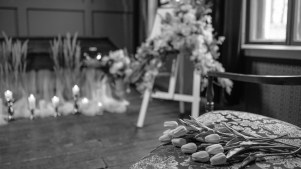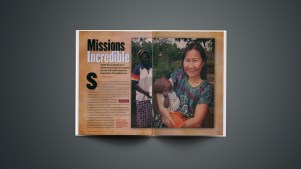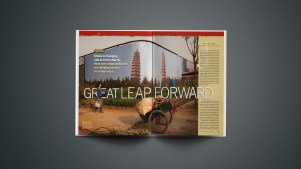Last week, my dear friend and former CT colleague Rob Moll died from a fall while hiking in Mount Rainier National Park. He was only 41 and leaves behind a wife, four young children, other family members, and many friends across a wide range of organizations.
After serving on CT’s staff as an editor for six years, he continued to write for us as he moved to World Vision U.S., Opportunity International, Eventide Funds, and other organizations. His interests, like those of all great journalists, were varied. He cared deeply about theology and wise investing, about scientific findings’ implications for Christian discipleship, and about effective large-scale strategies for economic development. In one of our recent conversations, he talked enthusiastically—with his unique, infectious laugh—about management theories as he sketched out what he hoped would be his third book: The Spiritual Disciplines of Your Career.
But it’s one interest of his I’ve been thinking a lot about this week. For years, Rob thought a lot about death. He volunteered as a hospice chaplain and took a part-time job at a funeral home even before he decided to write his first book, The Art of Dying. Why, I wondered, was such a young guy so interested in learning how to die well? Isn’t that something to think about after midlife? Few healthy and athletic 41-year-olds are as prepared for their death as Rob was. Few are so aware of their own mortality, their short time on earth, and the opportunity to seize our brief moment here with joy, curiosity, and rich relationships.
I am in deep grief over Rob’s death. Other than my wife, the person I’d most like to talk to about it is Rob himself. He’d have some wise things to say. But for now I’m re-reading his book, remembering what he believed:
I will one day die. What should I think of that, and how should I prepare myself? And how could I help someone near death if I haven’t spent time considering my own mortality?
While dying well is often a matter of living well, to live well we must come to grips with our death. It is difficult, but it can also be invigorating. “It is only by facing and accepting the reality of my coming death that I can become authentically alive,” says the Orthodox bishop Kallistos Ware.
We avoid death or even fear it because death is an evil, the horrible rending of a person from her body, from loved ones, from the ability to be fully in God’s image. “Death is not part of God’s primary purpose for his creation,” writes Ware. “He created us, not in order that we should die, but in order that we should live.” Jesus wept at Lazarus’s death. The apostle Paul called death the last enemy. Death is indeed evil.
Yet death is also a mercy; it is the final affliction of life’s miseries. It is the entrance to life with God. Life’s passing can be a beautiful gift of God. This riddle of death’s evil and its blessing is not difficult to solve. We enact it every Good Friday as we recall the evil of Christ’s death to be followed on Easter Sunday with the joy of his resurrection. We do not rejoice in Christ’s death or Judas’s betrayal. Yet there is no evil so great that God cannot bring joy and goodness from it. That is why death deserves our attention in life. Because we instinctively want to avoid it, to turn our face away, it is good to look death in the eye and constantly remind ourselves that our hope is in God, who defeated death.…
[As] St. Isaac the Syrian instructed, “Prepare your heart for your departure. If you are wise, you will expect it every hour. … And when the time of departure comes, go joyfully to meet it, saying, ‘come in peace. I knew you would come, and I have not neglected anything that could help me on the journey.’”
Rob met everything joyfully, even death. Even so, I miss him terribly.
Ted Olsen is editorial director of Christianity Today.
A selection of Rob’s Christianity Today work over the years:













